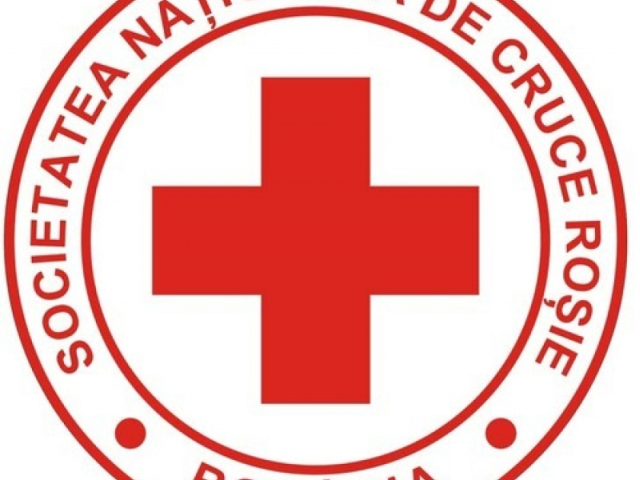The Red Cross in Romania
The Red Cross has brought brotherhood between national branches and general compassion shown to people.

Steliu Lambru, 13.01.2014, 13:10
The Red Cross was set up in Romania in 1876. Its first headquarters was on the premises of Coltea Hospital in the center of Bucharest. The Red Cross got its baptism of fire right away: a fully stocked ambulance carrying a doctor and several paramedics left Romania to assist the wounded in the Serbian-Turkish war. In the Russian-Romanian-Turkish war of 1877-1878, Romania’s war of independence, the Red Cross was already a seasoned organization. One of the greatest personalities associated with it was Queen Marie, King Ferdinand’s wife, whose picture, dressed in a nurse’s uniform and making the rounds in field hospitals in WWI, made headlines the world over.
We have selected for you some testimonies by former Red Cross workers, preserved by Radio Romania’s Center for Oral History. The first is Ani Cicio-Pop Birtolan, daughter of a Transylvanian Romanian political leader.
Ani Cicio-Pop Birtolan: “I was already grown up during the war. Working for the Red Cross, we didn’t discriminate. I was in a hospital where there were soldiers without arms and legs, we were spoon-feeding them. We did everything we could to make their lives a bit better. And then we decided to have a permanent stall in the railway station with our Romanian ladies from the Red Cross, serving hot tea and home baked buns. We told ourselves that we had to have a manifesto. If I only had a single copy of that manifesto written with the indescribable enthusiasm of youth, because for the life of me I cannot remember it. I know I rushed to the piano and we started singing ‘Awaken, Romanians!’ and ‘To Arms!’. It was the folly of youth.”
Mircea Carp was an officer, and was close to the Americans working with the Red Cross. Before fleeing Romania, he was arrested by the newly minted communist authorities under the pretext that he had ties with the Americans:
Mircea Carp: “Between March 1947 and the moment I got arrested, I led some teams that were bringing American aid to Iasi and Vaslui. This is where the investigators were trying to push the investigation, me carrying secret messages from the American authorities to various elements of the Red Cross in Vaslui, and especially Iasi. I managed to weasel out of it, by telling half-truths, without giving any information. I admitted that I carried sealed envelopes on two occasions. I said that in both instances, since I was an officer, I could not just open the envelope to see what was inside. The investigators insisted that they knew the envelopes contained intelligence or military instructions for the Red Cross in Iasi and Vaslui, which was obviously preposterous, because the Americans were doing no such thing at that time. Not to mention that it was a mission to assist the population in areas afflicted by drought. So I admitted I had carried envelopes, but I said that they were opened right in front of me in Iasi and Vaslui, and they contained instructions as to how to distribute American aid. There was nothing there whatsoever about espionage, sabotage or any such thing.”
Alexandru Smochina was a political prisoner, and when he reached the prison camp in Madagan, in the Far East, he was told that he could send letters to Romania through the Red Cross:
Alexandru Smochina: “They called all of us, foreigners, to the mess hall, there were Koreans, Japanese, Bulgarians, Serbs, Hungarians, Finns, Romanians, Baltic people, Soviet citizens, Greeks, from Asia there were Persians, many, many peoples. Someone came there, and just told us that we had the right to write home to our families. We were given postcards from the Red Cross and Red Crescent for that purpose. He told us to write to our parents. They gave us a postcard each, and told us we could write every month. We could ask for a postcard every month. He told us that we also have the right to receive parcels, that we could also receive money, and told us what we could not get, like weapons and such. That made us very happy, and we all wrote, right on the spot. He gathered up the postcards, but because I was being moved from one camp to another all the time, I didn’t get an answer from my wife and daughter.”
What the Red Cross has brought is brotherhood between national branches and general compassion shown to people, no matter which side they fought for or what religion they had. The Romanian Red Cross was a manifestation of human solidarity, transcending hatred between people and countries. It carried out impeccably its mission of bringing a ray of light and hope into the lives of people in troubled times.






























